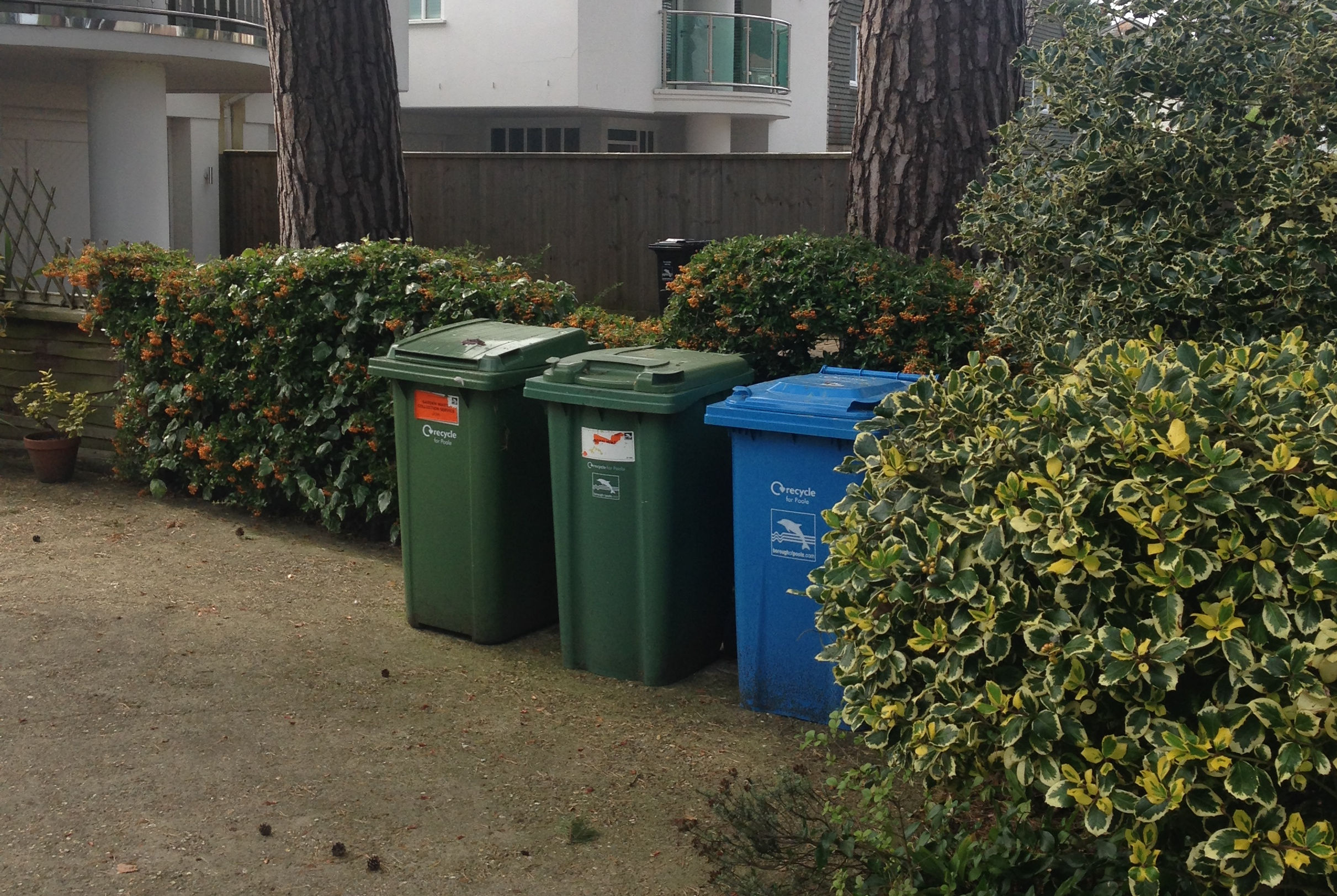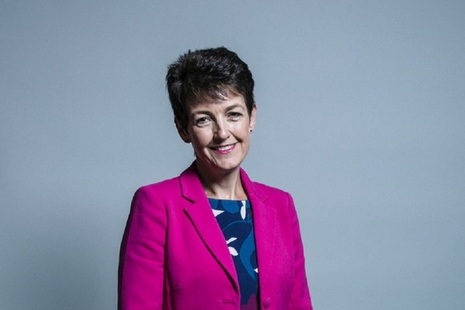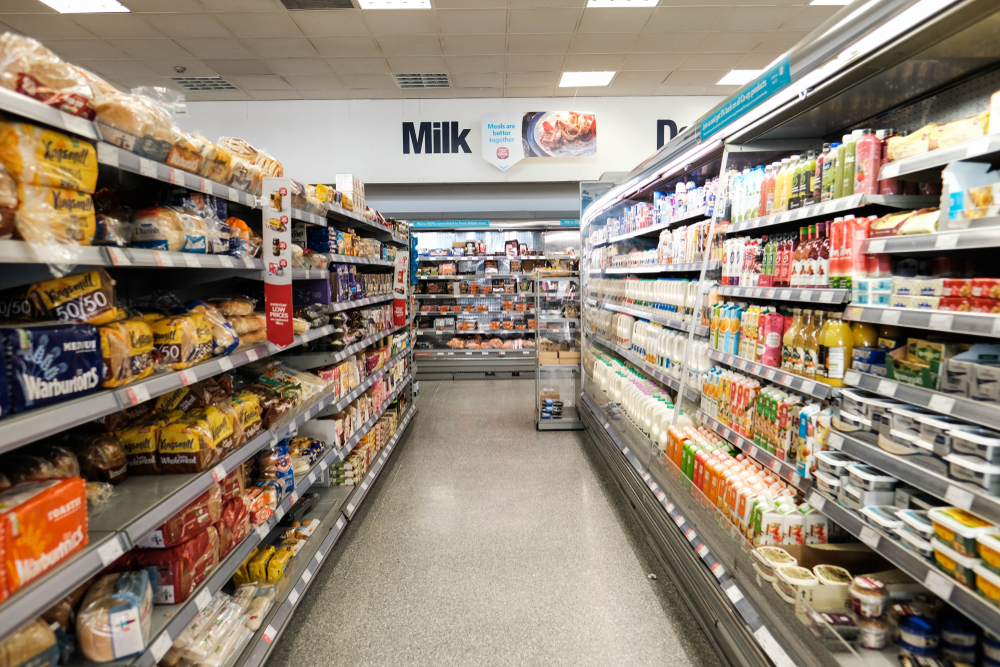The government expects the new EPR system, which is to be phased in from 2024, to cost producers around £1.7 billion each year. This comes as this year’s average UK grocery bill is on course to rise by £380, according to research company Kantar.
Figures from the Office for National Statistics today (22 June) also show inflation has reached a 40-year high of 9.1%.
In a final impact assessment published with the government’s response to its consultation on EPR, it is assumed that producers will pass on 85% of the additional costs they incur. This is estimated to cause a 0.13% increase in average household expenditure, equivalent to 78p per week or £41 annually.
On the cost increases, a spokesperson for the Food and Drink Federation (FDF), which represents UK food and drink manufacturers, told letsrecycle.com their industry had “considerable reservations” about the roll-out of EPR in 2024.
Nadiya Catel-Arutyunova, sustainability policy adviser at the British Retail Consortium (BRC), said her organisation and retailers “support” EPR. However, she believes the government should perform a “sequential” roll-out of the waste reforms. This would see EPR introduced first, followed by the measures relating to consistency in household and business recycling in England, and then the deposit return scheme.
And, John O’Connell, chief executive of the TaxPayers’ Alliance, told letsrecycle.com there was “no justification for this wrapper tax” in “the foreseeable future”.
Responsibility
The money raised from the new EPR system is intended to fund local authority recycling collections. The Department for Environment, Food and Rural Affairs (Defra) told letsrecycle.com the revenue generated would support “better local council services” and ensure that households see “better packaging collections” through the consistent recycling reforms.

Responding to the producers’ concerns, Defra told letsrecycle.com the reforms would ensure “businesses rather than consumers” were responsible for the cost of dealing with packaging when it becomes waste.
The department claimed that the plans would reduce the amount of materials manufacturers use and increase recyclable and reusable alternatives, “in a way which doesn’t pass on costs to the consumer.”
A spokesperson for Defra stated: “Revenue raised will ensure better collections for households. Reforms will be implemented in a phased manner from 2024, focusing on payments for household packaging waste and packaging in street bins managed by local authorities.
“This will give businesses time to prepare and adjust to the scheme and avoid placing a burden on consumers.”
Savings
Some in government are known to believe that consumers will save money if the council tax spent on the collection of packaging recycling is paid for by brand owners instead.
However, it is seen as unlikely that councils will reduce council tax because of the new income from EPR. Instead, any extra council tax revenue could most likely be spent on other services.
‘Disproportionate cost’
As such, producer groups’ concerns persist. The FDF spokesperson told letsrecycle.com: “Food and drink manufacturers are keen that the implementation of EPR is as successful as it can be and that the risk of disproportionate cost being passed through to consumers is minimised, especially at a time when many households are already experiencing a cost of living crisis. We look forward to engaging with government to help ensure this success.”
Retailers are already shouldering huge costs throughout the supply chain
– Nadiya Catel-Arutyunova, BRC
And, Ms Catel-Arutyunova of the BRC said: “The different policy measures in the packaging and collection reform and plastic packaging tax will cost businesses around £11 billion by 2032.
“Retailers are already shouldering huge costs throughout the supply chain, so anything additional will put further upwards pressure on already rising consumer prices.”
Ms Catel-Arutyunova said the government should focus its strategic delivery on the “most important aspects” of the reforms, such as modulated fees.
‘Wrapper tax’
The costs to producers have already tumbled from £2.7 billion per year after the government did away with its proposals for business waste (see letsrecycle.com story).

However, Mr O’Connell of the TaxPayers’ Alliance continues to see the proposals as unjustifiable. He said: “While steps to soften the blow are very welcome, the charges will still squeeze struggling families by hiking up the cost of essentials.
“Government could do right by shoppers and simply bin this wrapper tax once and for all.”
Paul Vanston, chief executive of producer group INCPEN, was another to warn the government to “think very carefully” about who the costs of EPR in general would hit amid the crisis, at the Chartered Institution for Wastes Management ‘Resourcing the Future’ conference on 14 June (see letsrecycle.com story).
Recycling minster Jo Churchill said last November that it was unlikely there would be “significant increases” in the prices of products because of EPR legislation (see letsrecycle.com story).












Subscribe for free